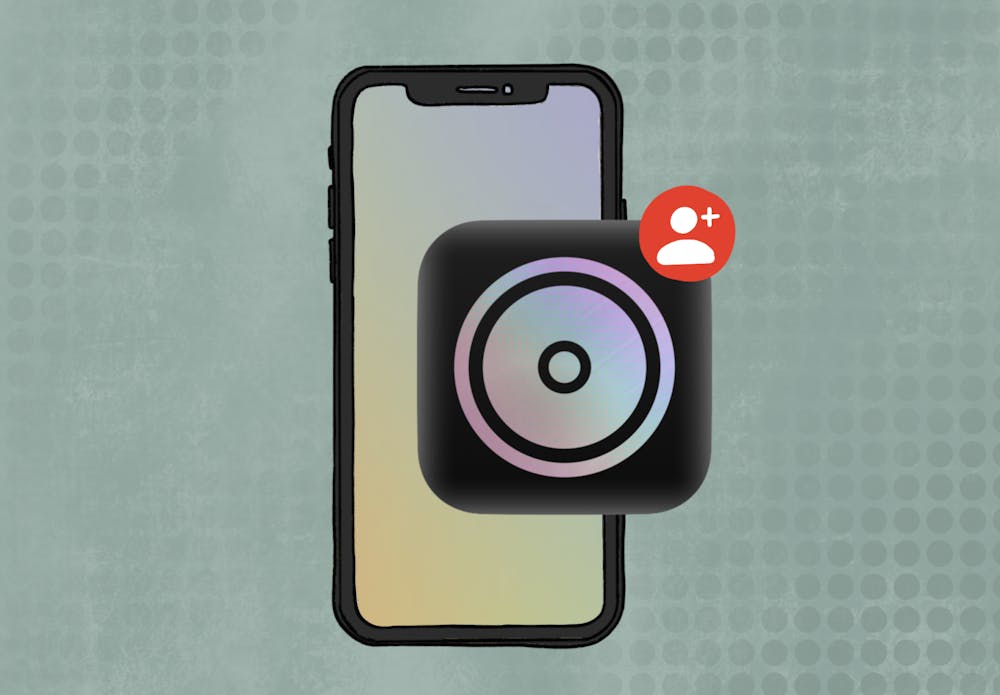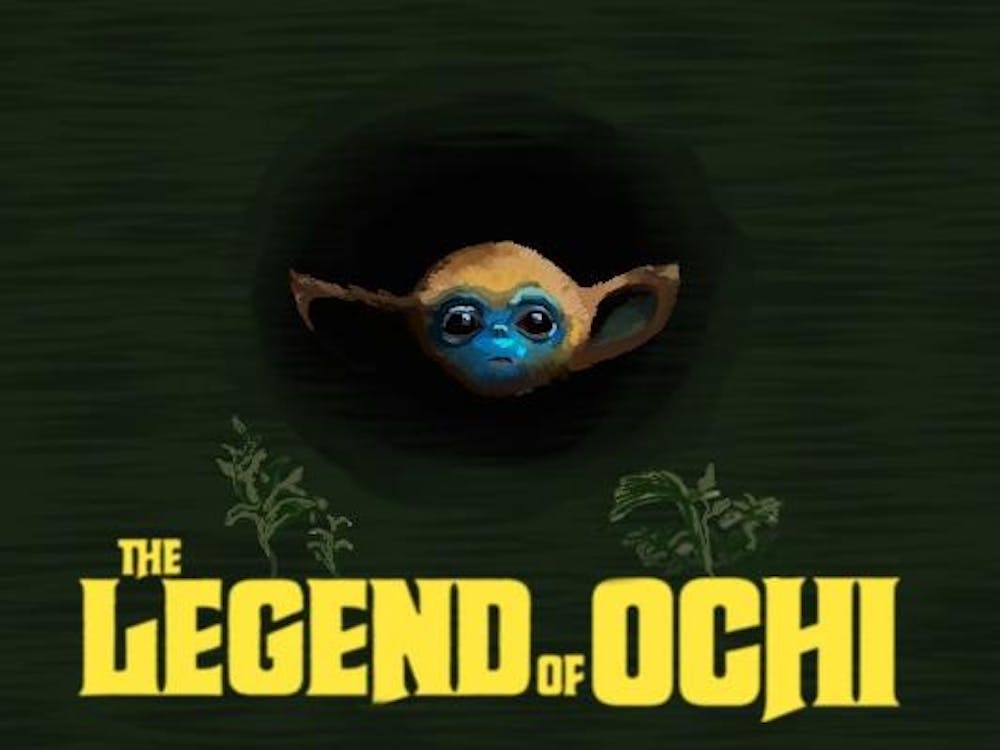While the music industry demands commitment to artistry and creativity, artists also must navigate its business side, often leveraging social media as a tool for crafting an image and marketing their work. Class of 2013 Commerce alumnus Anis Rashid has combined his business savvy and passion for music to create a unique social network app, Broken Records, which launched this past May.
According to Rashid, the app is designed to embrace the concept of music as a powerful social tool that can bridge gaps between people.
Rashid, who was working as an investment banking analyst, took the high-risk step of leaving his position in an analyst program at Goldman Sachs to follow his intuition and pursue entrepreneurship full-time — a decision he attributes to advice he received from Class of 2005 Commerce alumnus and Reddit co-founder Alexis Ohanian over lunch on Grounds.
Visiting the University on a promotional tour for his book “Without Their Permission,” Ohanian gave Rashid unfiltered advice on his choice between committing to investment banking and pursuing an entrepreneurial idea.
“He was basically like, this idea [for a website] sucks. You shouldn't work on it, but you also shouldn't go back to Goldman … I don't think anyone had left the [Goldman Sachs] program before their two years were up and after Goldman, pretty much everything I've done has been like high-risk, non-traditional.”
A few years later, Rashid founded The Archive Company, a Brooklyn, N.Y. based startup that produced several other applications preceding Broken Records, each focusing on interpersonal relationships. Some early projects included Planet, an app merging messaging and shared photo albums, and Roll Call, a status app that shared daily selfies with friends — similar to the social media app BeReal.
His most recent app, Broken Records, is designed to foster organic communities and create connections between music enthusiasts across the globe. Just a few months old, the app has evolved into a widely popular platform — evidenced by a continued presence among Apple’s top charts for music applications.
Broken Records allows users to rate, review, and share music that interests them, building a social experience around their music taste. Operating under a similar structure to book and movie discussion apps Goodreads and Letterboxd, users create profiles and can curate a collection of songs by “claiming” tracks when they listen to them. The earlier a user claims a song relative to other people, the more valuable for a profile’s status it becomes.
Rashid said the competition to identify top tier music before other users simulates a skill-based experience that attracts and retains many users on the platform. The app also integrates new releases from streaming services onto its platform, ensuring continuous new content to drive user engagement. To increase competition, Rashid said the app controls how many users can claim a song each day, incentivizing them to be the first to discover a track.
“A new Future mixtape dropped at midnight [Sept. 20],” Rashid said. “And like 2000 people tried to pick a song from it at the same time and the app crashed — only one person [on the app] can pick a song a day.”
While many music apps already promote sharing and discovery, Broken Records offers a unique social element — users can see who “put them on” to specific songs and artists, encouraging recognition for music recommendations and allowing users to relate with people who have the same musical interests as they do.
Rashid said he wanted to create the platform because even though there exists an abundance of online avenues for connection, existing social media apps fail to adequately leverage music as a way to forge relationships.
“How do we make friends on the internet?” Rashid said. “They don't have to be your closest friend ever, but what is the basis of friendship? And looking at my life and talking to a lot of young people, it’s like, music is a huge part of your social identity and the way that you connect with other people.”
He said he thinks that individuals, specifically young people, interact with close friends and family as much as ever through messaging systems, but lack connection with “hi-bye” acquaintances — friends without an intimate relationship who rarely exchange more than greetings and farewells — on their social periphery. Rashid said that “hi-bye” friends are actually central to an individual's sense of identity, belonging and well-being.
“Maybe the problem is not that we don't have good enough ways of connecting with the people we care about most,” Rashid said. “Maybe the actual problem is [that] people just don't have enough people that they're connecting with.”
Rashid indicated that small interactions, like sharing favorite songs or artists, can lower the barrier for starting conversations and help people form deeper connections with individuals with whom they otherwise wouldn't significantly engage.
To specifically foster connections between young people, Rashid said he has made choices to better serve the interests of a digitally fluent audience. The app’s juvenile vernacular — including encouraging “ppl” to “get valid” by interacting with the app frequently — caters to high school and college-aged students.
Charlie Bischoff, a University of New Hampshire student and Broken Records user, said in a written statement that he downloaded the app over the summer. Bischoff has a collection of mostly soul and alternative pop songs, including tracks by singers Black Hibiscus and Lana Del Rey. Bischoff said that Broken Records has become a part of his daily routine.
“Every morning when I do the [New York Times] Wordle and Connections, I claim a song on Broken Records,” Bischoff said. “Seeing everyone's favorite songs is the perfect remedy for a music drought.”
Reflecting on his time at the University, Rashid credited his education in the McIntire School of Commerce, specifically the faculty, for forging his entrepreneurial spirit. Specifically, Rashid credits Mark White, assoc. prof. of Commerce, for framing his approach to entrepreneurship by emphasizing skepticism and independent thinking in class — things which Rashid says he considers critical for success in today’s tangled startup sector.
While the immediate future of Broken Records is cloudy due to the reactionary nature of startup management, Rashid maintains a lofty but in-tune long term outlook.
“I think longer term, my hope, would be like, this becomes where the world talks about music,” Rashid said. “And I guess what I mean by that is like, the culturally relevant conversations about music are happening here.”
Those interested in joining the platform can download Broken Records for free on the iPhone App Store.







